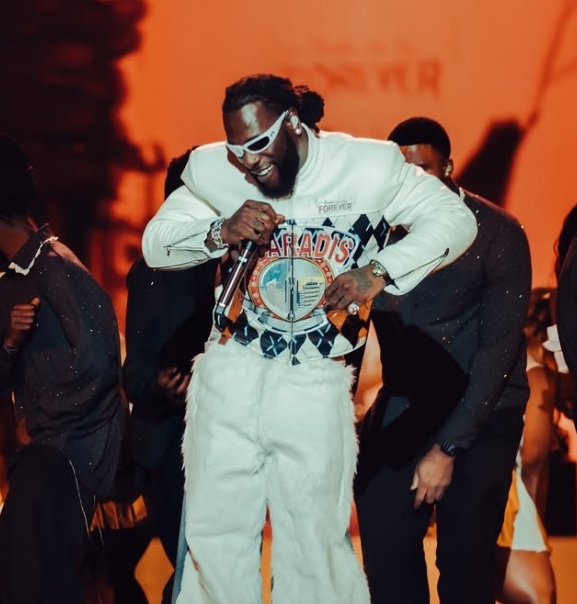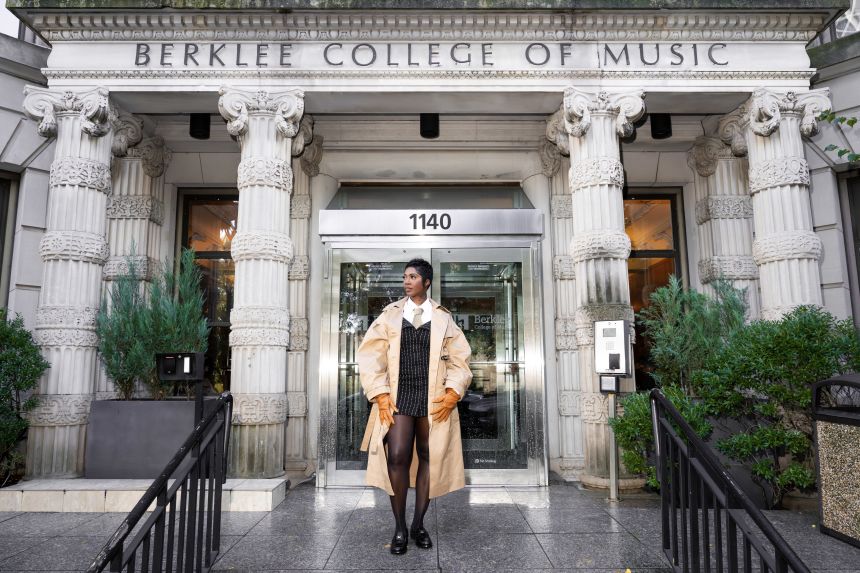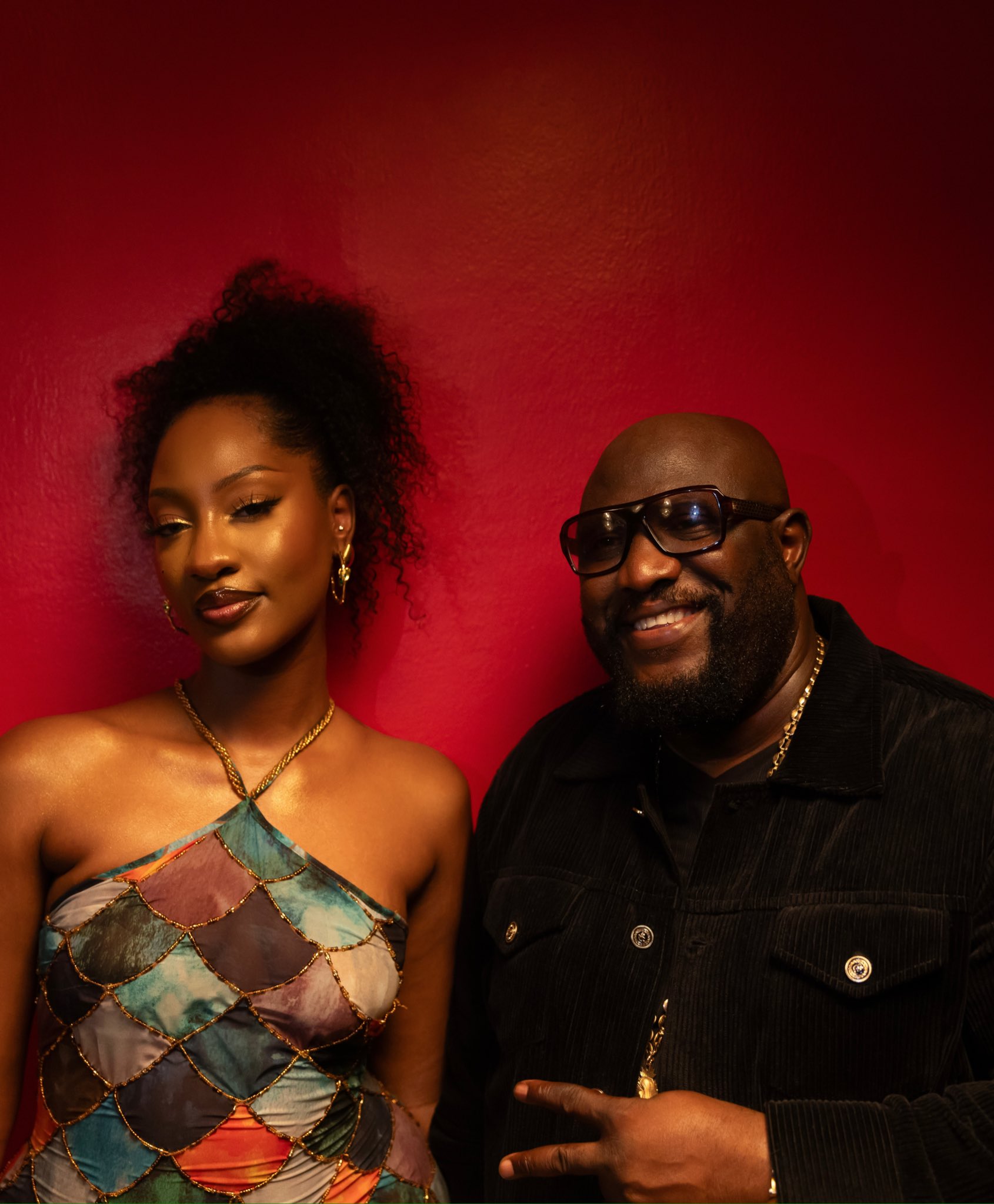
There was a time when Afrobeats felt like the pulse of the people. A time when Fela’s voice ripped through the radio like a machete, slicing through government incompetence, social rot, and military brutality.
This was music as revolution, a sonic Molotov cocktail lobbed at the establishment with precision.
Today, however, Afrobeats is an empire—a multi million-dollar export, a playlist staple from Lagos to London, Accra to Atlanta. And yet, as it climbs the global charts, its political fangs seem to have dulled.
The question lingers in the smoky backdrop of this sonic conquest: has Afrobeats lost its essence?
Now, before the Wizkid FC and Davido’s 30BG come at me with digitally sharpened pitchforks, let’s make a distinction. Afrobeats (with an ‘s’) is not to be confused with its ancestor, Afrobeat—the genre Fela Kuti pioneered, replete with unrelenting horns and lyrical firebombs aimed at corrupt governments. Afrobeats, the 21st-century pop hybrid, grew out of that rebellion but now mostly thrives on themes of love, luxury, and lifestyle. A necessary evolution? Sure. A convenient retreat from political consciousness? Perhaps.
But what’s most interesting is not just the depoliticization of the genre but the selective deployment of activism when it’s convenient. This is not to say that Afrobeats artists are completely apolitical—far from it. Burna Boy wears the spirit of Fela on his sleeves (literally, if you count the tattoos), and he has made some compelling political statements, most notably on tracks like “Monsters You Made.” Davido, despite his playboy reputation, has waded into political discourse, particularly during the End SARS protests. And Falz? Well, he’s practically the genre’s resident rebel, wielding biting satire and critique with surgical precision.
But let’s call a spade a spade: activism in Afrobeats today often feels like a sporadic, cherry-picked affair, rather than a sustained movement. It erupts in moments of crisis—End SARS being the most glaring example—but quickly retreats when the commercial stakes are too high. This is a far cry from the days of Fela, who lived and breathed his rebellion, willing to sacrifice his career, body, and freedom for his principles. Today’s artists, while undoubtedly influential, rarely exhibit that level of unwavering commitment.
And who can blame them? The stakes are different. The industry is different. Fela’s activism was forged in an era where Nigeria’s military regime was more openly oppressive, where dissenters were silenced not with PR tactics but with batons and bullets. Today, the oppressor wears designer suits, hides behind bureaucracy, and tweets about youth empowerment while looting the treasury. Fighting that beast requires a different kind of energy, one that doesn’t always lend itself to vibey, club-ready production.
Yet, one can’t shake the feeling that Afrobeats’ global ascension has made political engagement more of a marketing strategy than a movement. When an artist tweets about an injustice, is it a genuine call to action or a bid to stay relevant in woke circles? When they drop a “conscious” track, is it coming from a place of deep conviction or a calculated move to balance their brand? It’s a slippery slope.
Consider Burna Boy, arguably the most politically vocal of his generation. He has taken strong stances against corruption and colonial residue, yet his relationship with activism is… complicated. For all his fiery rhetoric, he has been accused of grandstanding rather than consistently engaging with grassroots movements. Wizkid, on the other hand, typically avoids political discourse but surprised many with his vocal support during the End SARS protests. And then there’s Davido, who, despite his family’s deep entrenchment in Nigerian politics, has oscillated between calling out the establishment and cozying up to it.
Therein lies the conundrum: Afrobeats artists have immense power, yet many wield it selectively, choosing their battles based on convenience, timing, and (let’s be honest) brand safety. And maybe that’s the cost of pop stardom in a capitalist world. Maybe true political resistance doesn’t sell, at least not in the ways that luxury lifestyle and romantic escapism do. Maybe the industry has evolved past the point where an artist can afford to be a full-time agitator without severe repercussions.
But should we accept that as the status quo? Should we let Afrobeats become another glossy global genre, sanitized and stripped of its ability to challenge power? Or should we demand more? There’s an argument to be made that Afrobeats can be both—a space for enjoyment and a platform for change. After all, music doesn’t have to be militant to be meaningful. But it does have to be intentional.
Perhaps the way forward isn’t for every artist to morph into a Fela-redux but for the industry as a whole to foster a culture where speaking truth to power is normalized, not just an occasional performance. The gatekeepers—labels, promoters, media houses—must also be held accountable. They must make room for more politically charged narratives, not just champagne-drenched club anthems.
Afrobeats is bigger than it has ever been. But with great power comes great responsibility (yes, I just quoted Spider-Man, sue me). If the genre is to maintain its soul, its artists must recognize that their influence extends beyond dance floors and streaming numbers. They are the voices of a generation that is hungry for change, whether they like it or not.
So, has Afrobeats lost its essence? Not entirely. But it is at a crossroads. The question now is: will it continue to rise on the charts while playing it safe, or will it reclaim its role as the voice of the people, fearless and unrelenting? The answer, much like the bassline of a Sarz production, remains heavy with possibilities.




